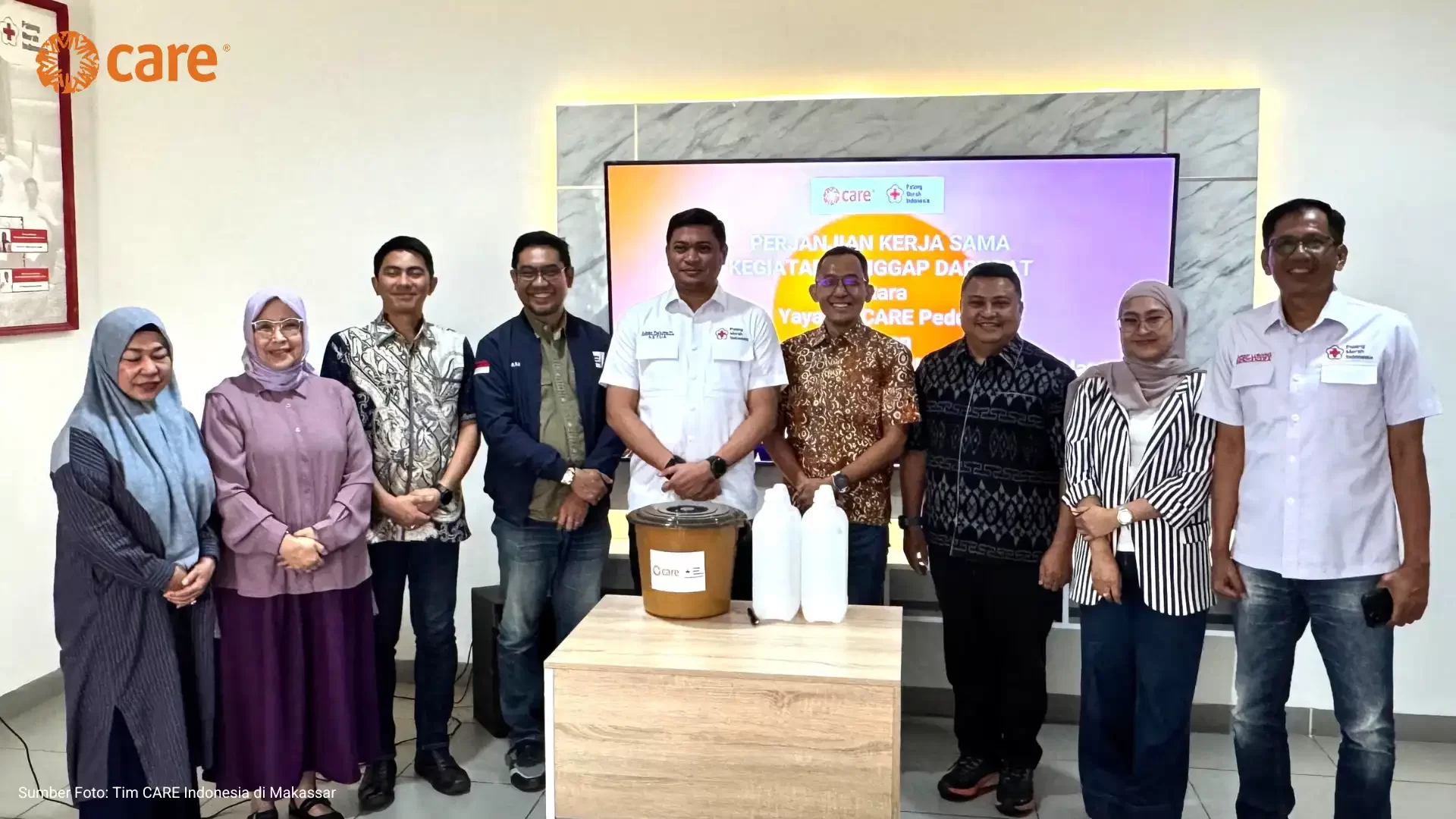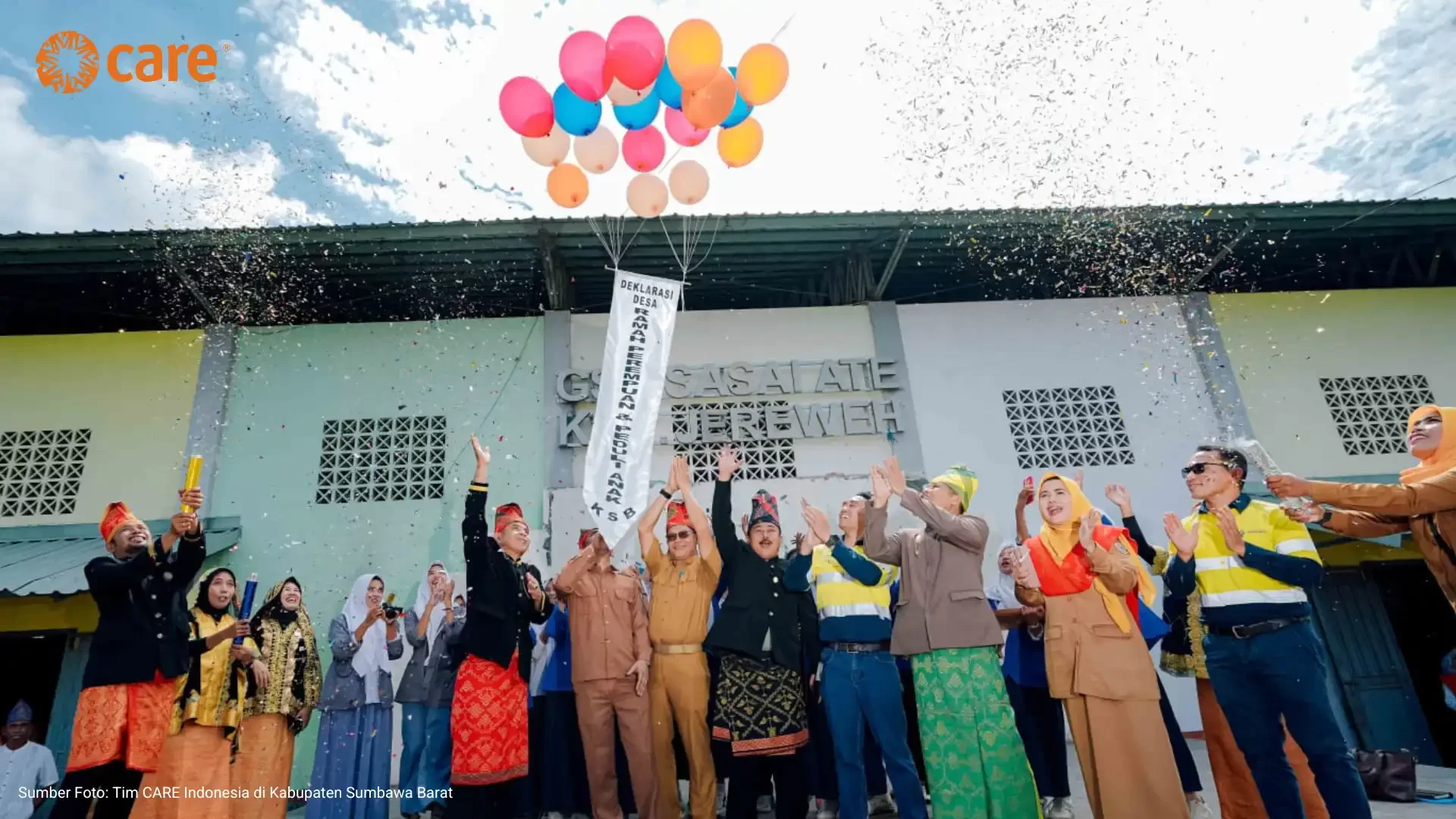Local Youth Engagement and Learning through Youth Classes
The National Population and Family Planning Agency (BKKBN) page showed studies indicate that women’s health during pregnancy and childbirth are important to monitor in order to prevent stunting. Teenage pregnancy can further increase vulnerability, especially when there is a lack of physical and psychological preparedness for parenthood. Educating youth groups is crucial, employing a peer-to-peer approach to create a platform where teenagers and youth can openly discuss various topics in safe spaces, particularly to prevent child marriage. Hasto Wardoyo, Chairman of BKKBN, emphasized the importance of involving youth in efforts to address stunting, as they are innovators and agents of change in Indonesia. This is exemplified in West Sumbawa Regency, West Nusa Tenggara.
“Acceleration of stunting reduction, particularly in high-risk areas like West Nusa Tenggara, should adopt a holistic approach that focuses not only handling but also including prevention. One important aspect is preventing child marriages among adolescents, especially those aged 12 to 18,” stated Muhammad Ikraman, Project Manager of Yayasan CARE Peduli (YCP), during the Youth Class in Maluk District, West Sumbawa Regency (1-3/2). This educational initiative for junior and senior high school students is part of the Stunting Reduction Acceleration Program for a Healthy, Smart, and Resilient Generation, a collaborative effort involving PT Amman Mineral Nusa Tenggara (AMMAN), the Government of West Sumbawa Regency (KSB), and YCP.
132 teenagers from SMP Negeri 1 Maluk, SMP, and SMA IT Binaul Ummah Maluk actively engaged in educational sessions, particularly focusing on reproductive health. The sessions covered various topics, including understanding their bodies, gender relationships, gender concepts, power dynamics, gender-based violence, an introduction to contraceptives, and individual rights. Furthermore, discussions on the impacts of risky sexual behaviours, such as unprotected sex and sexually transmitted infections (STIs), including HIV and AIDS, as well as issues like bullying, sexual harassment, and violence in relationships, were conducted interactively. These discussions garnered a positive response from the participants.
“We can openly share our stories, so I feel more comfortable expressing my opinion and providing input on the topics discussed,” said Mulyana, an 8th-grade student at SMP Negeri 1 Maluk. Mulyana added that she gained better understanding on the impact of child marriage from various perspectives, including social and economic, after participating in the activity.
For reference, Indonesia is ranked fourth globally in terms of child marriage, with the number of cases reaching 25.53 million in 2023, as reported by UNICEF. According to data from the Central Statistics Agency (BPS) in 2022, West Nusa Tenggara (NTB) has the highest percentage of child marriage cases, with 16.23 percent of women marrying before the age of 18. Law Number 16 of 2019, which amends Marriage Law Number 1 of 1974, emphasizes that child marriage violates human rights and children’s rights, and has serious impacts on children’s health and development, including the risk of stunting.
“This activity is very helpful in preventing child marriage among our students. Many of them were previously involved in marriages when they were still junior high school students, due to a lack of understanding about the risks associated with child marriage. In addition, we were also enlightened on strategies to address bullying cases and prevent violence against children in the school environment,” said Jamhuri, a counselling and guidance teacher at SMP Negeri 1 Maluk.
According to Awalia Murtiana, YCP Program Manager, the interactive delivery of material at Youth Class successfully increased the active participation of teenage participants. “The teenage participants not only gained a deeper understanding but also felt more motivated and excited to be active in sessions discussing topics related to their lives as teenagers. The hope is that from this class, local youth in KSB can better understand the importance of maintaining their sexual and reproductive health, understand gender equality, and respect their rights as individuals. The main goal is to make teenage friends agents of change who are gender-responsive and involved in meaningful participation in preventing child marriage, contributing to reducing stunting rates in Indonesia,” said Awalia.
Stunting reduction is one of commitment from government, schools, and communities in West Sumbawa District. The passing of the Village Regulations (Perdes) on the Protection and Prevention of Child Marriage in August and September 2023 in Maluk Village and Pasir Putih Village which facilitated and accompanied by YCP, have emphasizes the commitment to protect children, youth and prevent child marriage, which is one of the risk factors for stunting. “We strongly support the formation of the Village Children’s Forum and the issuance of these Child Protection Regulations so that youth are protected and they have an active role as pioneers and reporters. We will also disseminate and replicate this regulations in other villages so that it can become an example and a learning experience for other villages,” said Kalsum, Head of the KSB Women’s Empowerment and Child Protection Office, to the YCP team.

Writer: Nurainy Darono, Editor: Swiny Adestika





